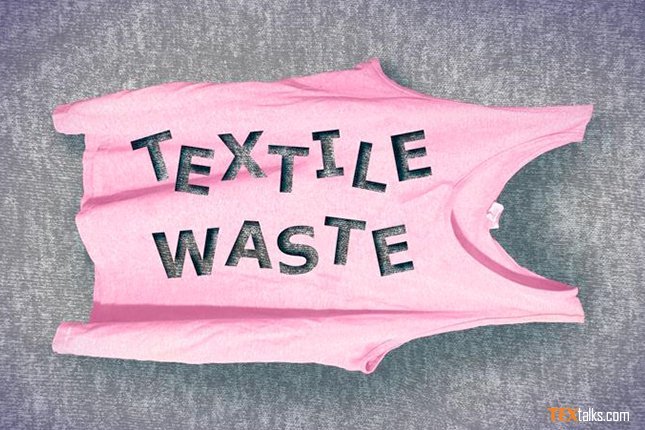Wastage is an important factor in the textile industry. It can be said that the Monster in our Closet: Fast Fashion & Textile Waste is on the rise. To deal with the waste problem, various researchers around the globe are working passionately. Similarly, researchers are active in the NC States university for green environment, especially in terms of textile waste.
 Sonja Salmon, associate professor in the Department of Textile Engineering, Chemistry and Science, has shown interest in sustainable materials, spanning the recycling of textile waste, creating bio-based materials, and the breakdown of materials using enzymes. Salmon’s new research focuses on creating a new bio-based textile that enzymes can degrade: a recycling process aided by natural catalysts. Of course, textile waste is interconnected to research in other colleges at NC State as well.
Sonja Salmon, associate professor in the Department of Textile Engineering, Chemistry and Science, has shown interest in sustainable materials, spanning the recycling of textile waste, creating bio-based materials, and the breakdown of materials using enzymes. Salmon’s new research focuses on creating a new bio-based textile that enzymes can degrade: a recycling process aided by natural catalysts. Of course, textile waste is interconnected to research in other colleges at NC State as well.
Salmon said, “One of the problems that the industry faces, or that we as consumers face, is that we love textiles. We love to change our fashion, but this idea of changing fashion and fast fashion has created a real issue for textile waste accumulation. Cotton Inc., for example, has their Blue Jeans Go Green program, where they ask you to send in your blue jeans. Then they actually collaborate with producers who essentially shred the blue jeans and turn them into insulation for homes. I think what is exciting to me is people are really starting to think about new ways to use the waste. It used to not be on the radar, like it would be very small, ‘make a quilt out of your own pajamas’ kind of thing. In the United States alone, around 10 million tons of textile waste ends up in landfills every year, and the number is steadily growing,” Salmon said. “Despite this, sustainability is more popular than ever, with many companies in differing industries taking the initiative to implement business practices dedicated to helping the environment and reducing consumption.”
 At NC State, research on textile waste could have a maximum impact on the textile industry’s future, which is the first step in reducing textile waste and establishing sustainable business practices.
At NC State, research on textile waste could have a maximum impact on the textile industry’s future, which is the first step in reducing textile waste and establishing sustainable business practices.



